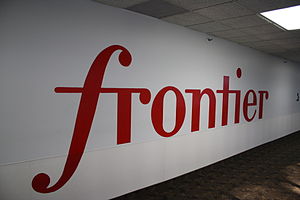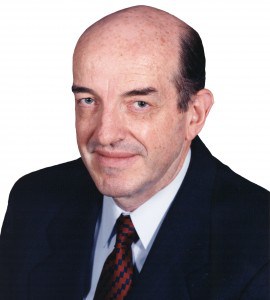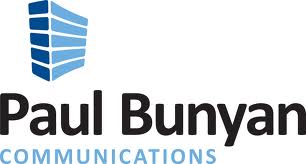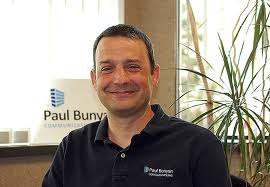 Frontier Communications has agreed to bring ADSL broadband service to more of its rural customers, in return for collecting $775 per impacted household from the FCC’s new Connect America Fund, designed to help defray expenses associated with expanding broadband access.
Frontier Communications has agreed to bring ADSL broadband service to more of its rural customers, in return for collecting $775 per impacted household from the FCC’s new Connect America Fund, designed to help defray expenses associated with expanding broadband access.
Frontier appears to be the first major phone company in the country to sign on to the new broadband subsidy program funded by telephone ratepayers through a surcharge on their monthly bills.
“Today’s announcement by Frontier Communications represents the beginning of that new deployment: approximately 200,000 unserved rural Americans will get broadband for the first time,” said FCC chairman Julius Genachowski. “I applaud Frontier Communications for stepping up to the plate with its commitment to accelerate broadband build-out by increasing private investment in rural communities, in partnership with the Connect America Fund.”
The FCC will hand Frontier nearly $72 million in subsidies to help the company deploy DSL broadband in areas currently deemed not profitable enough to serve. Frontier says it expects to bring service to 92,876 new households across their national service area that never had broadband service before. The company specifically mentions expansions in Michigan, Oregon, Washington and West Virginia, but says customers in at least half of the states where it provides service will benefit from the broadband expansion funding.
Frontier claims it currently offers 80 percent of its customers broadband service, in part thanks to an investment of more than $1.5 billion by the company over the last two years, according to Kathleen Quinn Abernathy, executive vice president of external affairs.
Frontier is a major provider of traditional ADSL broadband service in its rural service areas, typically offering customers 1-3Mbps service. Customers in larger communities can purchase DSL service at speeds closer to 10Mbps, and the company also sells fiber to the home broadband over its acquired FiOS network in parts of the Pacific Northwest and Fort Wayne, Ind.
Under the terms of the Connect America Fund, participating providers must offer customers at least 4/1Mbps service, which means Frontier will need to make some upgrades in its rural network — most likely reducing the length of copper wiring between its central offices and customers.
Frontier has faced challenges maintaining broadband service in some areas, especially in states where the company acquired aging infrastructure from Verizon Communications. West Virginia, where Frontier is the dominant telephone company after Verizon left the state, is still suffering the after-effects of a derecho windstorm nearly two weeks ago. Frontier has brought in repair crews from as far away as New York to assist in clearing thousands of outage reports.
The company has also gotten some justice after Boone County authorities arrested two men for generator thefts. Frontier has been using generators to keep phone service up and running in areas without electricity, but has been victimized by generator thefts across the state. At least six other generators were stolen in New Martinsville in Wetzel County yesterday.
Frontier has a tip line for anyone with information about stolen equipment or copper theft: 1-800-590-6605.
Other telephone companies expecting to apply for broadband funding from the Connect America Fund include: Alaska Communications Systems, AT&T, CenturyLink, Consolidated Communications, FairPoint Communications, Hawaiian Telcom, Virgin Islands Telephone, Verizon Communications and Windstream.


 Subscribe
Subscribe





